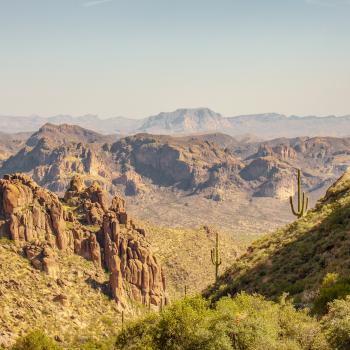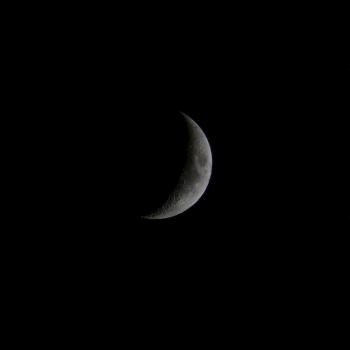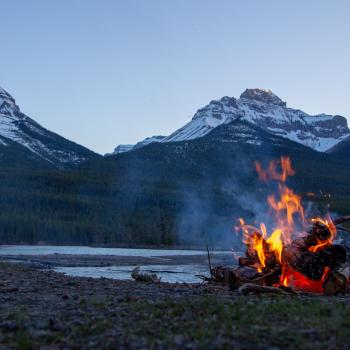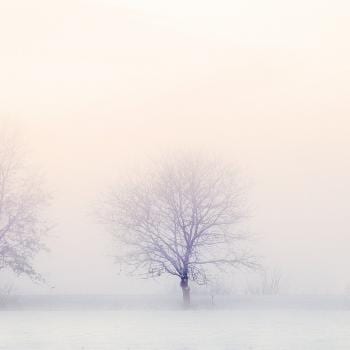Before we begin covering how to worship the Four Gods, I want to go in-depth into each of these ‘new deities’ (you want to know who you’re talking to, after all!). Each of the Four will receive their own post, and as before, questions are very welcome. These posts will cover their role in the Westernlands and our world, their relationships with the other gods, and links to other relevant posts.
the Laetha
the Laetha, also commonly called the Firebird, was the first god of the Four that I encountered. The first things I noticed were that his song was awe-inspiring and seemed to split my mind in half. And what I noticed immediately after was a bone deep knowledge that this god was dangerous. Of course, all gods are dangerous, but it was a new experience to encounter a god and have that be immediate.
I burn, the Laetha seemed to say. And I’m going to burn you.
But if we’re really going to understand the Laetha, we need to look at one of his epithets – the Mortal. Though he manifests most often now as a giant bird on fire, constantly burning and never being extinguished, he comes first into the mythos as a young human man who has stumbled into Faeryland. He represents every mortal and soul that has become lost in the Otherworld. He is us as we dip our toes into this religion or fall headfirst into new worlds and consciousness.
Though obviously there is change in the mythos for all the gods, the Laetha highlights this the strongest. He comes to the West as a human, becomes a part of the sacred land itself, and is then transformed into a god. And after becoming a god, he changes further – split into twelve pieces and then made whole and later killed and resurrected yet again. He rolls with all of those changes. There is no great stable, unchanging center for this god. His core is changed as well. He teaches us to accept those changes and experience them fully, to be completely transformed, and let those experiences teach us more about who we were, who we are, and who we are becoming.
His teachings are that of possibility. He is a Mortal-Made-More, a boy turned into faery fire, and he goes from embodied flesh to a force, an energy so sharp and singing it cannot be held for too long (lest it burn us up). He falls into the West as ‘nothing more’ than a young kid and becomes a god. He tells us, “You will be great.” He tells us to dream and work for our dreams. Dream even when it feels useless.
the Laetha is that sacred combination of divine and human, the human made divine and the divine made human, blending into each other and creating something different. He was the first of the Four Gods to come to me, and he is still the one I know the least about. I can describe the way his fire feels – usually like butterflies fluttering in your body, heat warming your hands and feet until your whole body feels flushed and too warm – and I can speak of how he is so overwhelming – pure passion, unbridled anger, a scream (or song) that bursts from your throat. But he is still so hard to get down, to put into words, to accurately convey.
He is change. He is he who goes unafraid to death. He dies and returns again and again, renewed each time. He is at once wildfire and hearth fire. What warms us? What makes us burn?
the Laetha is also one of the two gods of Love, a role he shares with the Dierne. The two gods are lovers, their relationship shifting from puppy-like adoration to angst-filled longing to frustrated negotiations and finally to a relationship built on mutual respect and understanding and the choice to be together. Each of them, in a way, is destroyed by love, and they have to navigate their different ideas of love. As they change, their relationship to each other and to Love and how they rule over love changes. We can read into their story the combination and blending of earthy mortal substance and celestial starry essence, but their relationship shifts from that duality into a meeting of fire and fire. the Laetha is especially focused on the emotional aspect of romance, the fire that engulfs us, the burn, and the ache. He builds us a pyre of our own emotions, and he leads us to it so that we can burn. the Dierne, while similar, has a different focus in love.
I have had similar problems with the Laetha as I have with the Ophelia. While the Clarene and Dierne did not immediately instill fear in me, the Firebird and Bluebird both brought a deep-bone fear. When I became closer to those gods, the fear faded, and I learned that those frightening aspects were not the whole. the Laetha burns away all that doesn’t help us, same as the Ophelia strips away that which doesn’t serve. This god asks us what is keeping us back, and then he lights it on fire.
He accepts all the possibilities of us. He is associated with seership and divination. Where the Ophelia is the flow of wibbly wobbly timey-wimey, the Laetha can see all the many paths and crossed wires of the future and past and present, and he can bring that gift to those that work with him. He is associated as well with possession and teaches those arts to humans that come to him to learn them. But in order for us to properly do that work, we have to burn away all that we were and become someone new, entirely – and then we have to learn how to burn on our own. the Laetha is fire that sustains itself.
To conclude, the Laetha is a god of possibility who teaches us about transformation, divination, and passion. He teaches us that we contain multitudes and have within us the capacity to change as we wish.
Links
Four Gods of the Otherfaith
the Gods (Otherfaith blog)
[The Otherfaith is a new religion focusing on new gods. The information posted here is based on personal experiences, revelation, and spirit-instruction. You should not expect to see references to folklore or historical texts. My focus is not on finding historical records of these deities but interacting with them as they are and as they themselves instruct.]
















